Why is Everyone Investing in Robotics? A History

This year we've seen a whole load of acquisitions and investment in robotic companies. We could well be on the brink of a new era of business in robotics. The only question is: Why now? Is this really the right time to invest big in robotics? We take a look back at the history of investment in robotics to decide if the revolution is really coming or whether it's all hype.
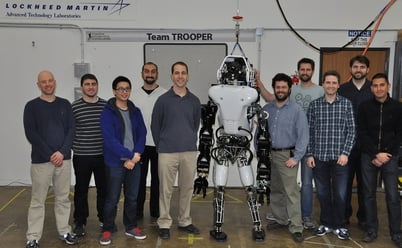
You would have to have been living in a dark cave to miss the fact that, recently, companies seem to be betting big on robotics. By the 15th of October this year, The Robot Report had already recorded 37 equity fundings and 25 acquisitions of robotic companies since January. Over the last few years we've seen Google, Apple, Facebook and Amazon getting firmly behind the "robotics revolution”. Collaborative robot companies are getting loads of attention and this month we've even seen governments getting in on the act.
Certainly, the robotics sector is looking in good shape. The International Federation of Robotics forecasts that, by 2018, industrial robotics will grow by 15%, professional service robotics by 11% and personal service robotics by 35%.
It would seem that now is the time to invest to benefit from the "robotics revolution"… or is it?
What makes now the right time? After all, industrial robots have been around since 1961.
Investing in Robotics
When we're talking about buying stocks and shares, investments are not as straightforward to calculate as they are on the shop floor. It's pretty easy to calculate the Return on Investment when you're buying a robot. In fact, in manufacturing you're probably losing money if you don't have one.
However, when we're talking investment in stocks, things can get a little tricky. It all comes down to why people invest in the first place.
Why Do Investors Invest?
Investment is basically betting on the future, although in fact it's a bit more complicated than that. To be good at investing, you have to be good at predicting what's going to be the next big thing.
The problem is, according to economic theorist Rachel Botsman: ''People are bad at predicting developments in technology because we find it hard to see beyond the world we live in.''
There are countless examples of very clever people who have made shockingly bad predictions about the success, or failure, of new technologies.
In 1876, head of the United States Telegraph Company, William Orton, predicted that the telephone would never be successful. In 1995, the inventor of Ethernet, Robert Metcalfe, predicted that the internet would completely collapse within a year. That was only four years before journalist, Thomas Friedman, predicted that Amazon would never generate enough profit to justify their stock price.
The list goes on, but they all show that people are generally terrible at predicting the future success of new technologies.
But, predicting the future is exactly what investors need to do. As a result, people mostly invest in stocks that they feel have a real chance of succeeding.
Good investors notice changes in the market and buy or sell shares as a response. Mostly they play it safe.
Which brings us back to robotics. What has changed that makes investors so sure that robotics is a winner?
Robotics is the Next Big Thing…. they said in the 1960s
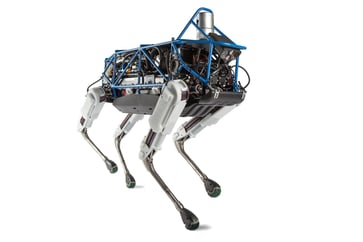 Ever since the Jetsons cartoon introduced the robotic housekeeper in the 60s, people have been predicting that robotics will be the next big thing.
Ever since the Jetsons cartoon introduced the robotic housekeeper in the 60s, people have been predicting that robotics will be the next big thing.
For people who work in industrial robotics, such predictions are getting a bit boring. After all, robots have been on the manufacturing shop floor since around the same time.
In the 1960s, robotics wasn't ready yet.
Since then, researchers have been working away at improving all the associated technologies of robotics. Over time, those technologies have slowly improved.
iRobot was formed in 1990, first making military robots and then in 2002 releasing the first Roomba vacuum cleaner. The daVinci surgical robot, manufactured by Intuitive Surgical, began its life in 1980. If you're looking for a solid investment in service robotics, iRobot and Intuitive Surgical are still the stocks that people will suggest over half a century later.
Yet industrial robotics’ shares have been around for even longer. Cognex and Rockwell Automation have been on the stock exchange since the 1980s. Again, these are up there with the recommended robotic stocks this year.
Perhaps things haven't changed that much. In 2002, the "robotics revolution" had still not started.
Somewhere around 2003, Frank Tobe decided it was time to consolidate the robotics business. He created Robo-Stox, a stock index which now includes 80 robotic stocks, allowing investors to track the activity of the robotics industry.
Robo-Stox was launched in 2013. Around this time, and even a few years before, we began to notice the surge of investment interest in robotics.
Did Robo-Stox create the recent "robotics revolution"? Well, I'm no economist, but I think not. That's not really how investment works.
Robotics is the Next Big Thing… They're Saying Now
As we’ve said, investment is really all about tracking changes in the market. When it launched, Robo-Stox projected the industry back 10 years and showed that, in fact, investment in robotics had been rising fairly steadily since at least 2005.
Perhaps the current wave of robotics is less of a revolution and more of a steady integration of robots into the workplace.
It would make sense that the ‘sudden rise’ in robotic investment is not actually as sudden as it first appears. With robotics, we're not really talking about ‘new technology’, in the way that the telephone was new when it was invented. Instead, we're talking about a large set of interdependent technologies which have gradually been improving over time.
Whether or not robotics is really at the start of a boom is impossible to say. As we've seen, humans are really bad at predicting things. So, to be safe, I'm not going to try.
What are your views on the recent acquisitions of robotic companies? Do you think something has changed in robotics recently? How do you expect the robotic industry to change over time? Tell us in the comments below.
Related Articles:
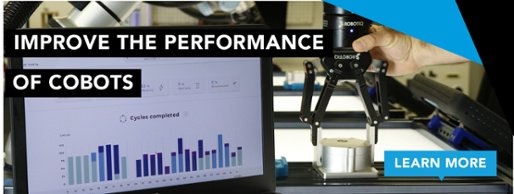
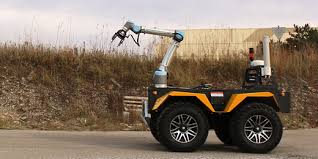

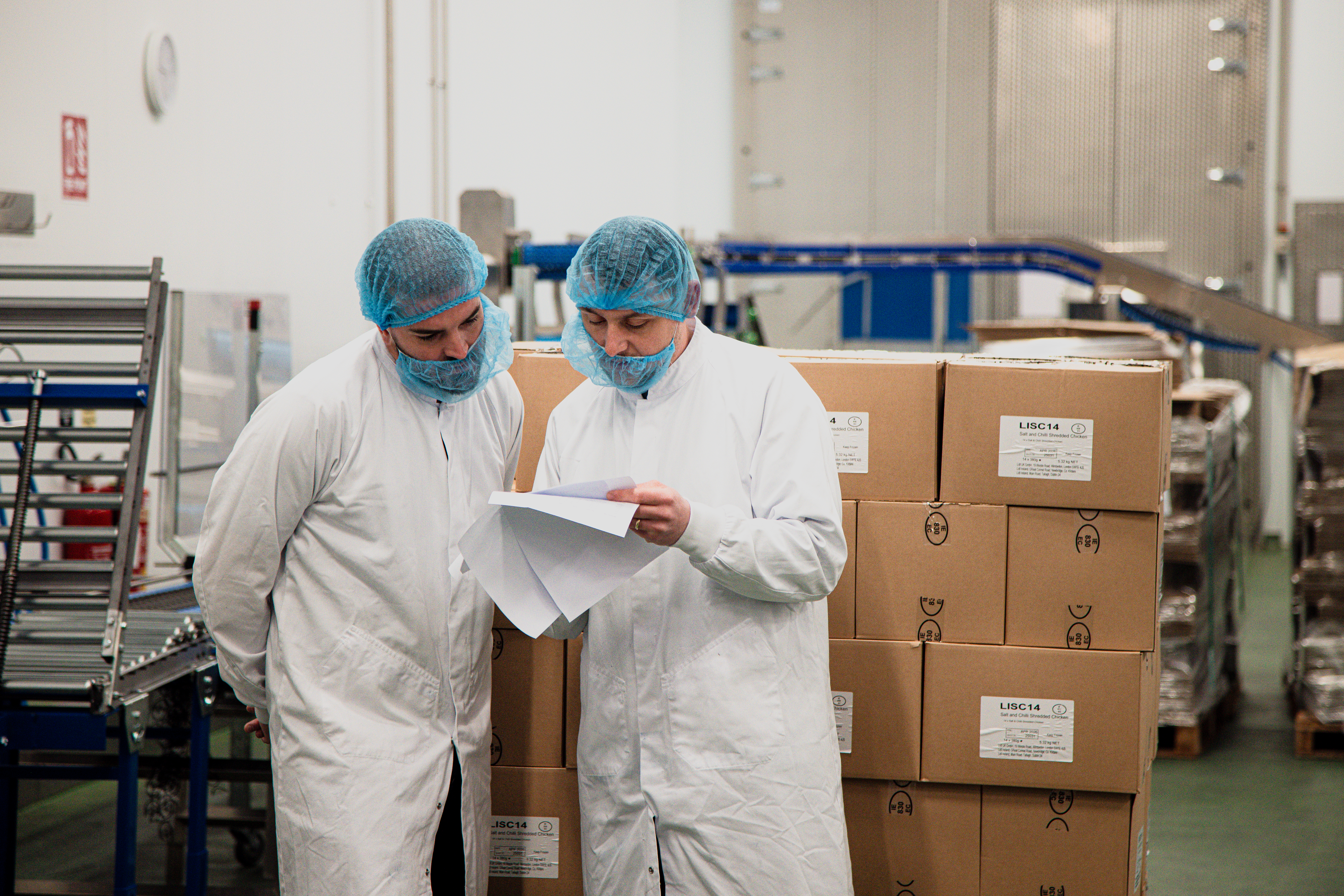



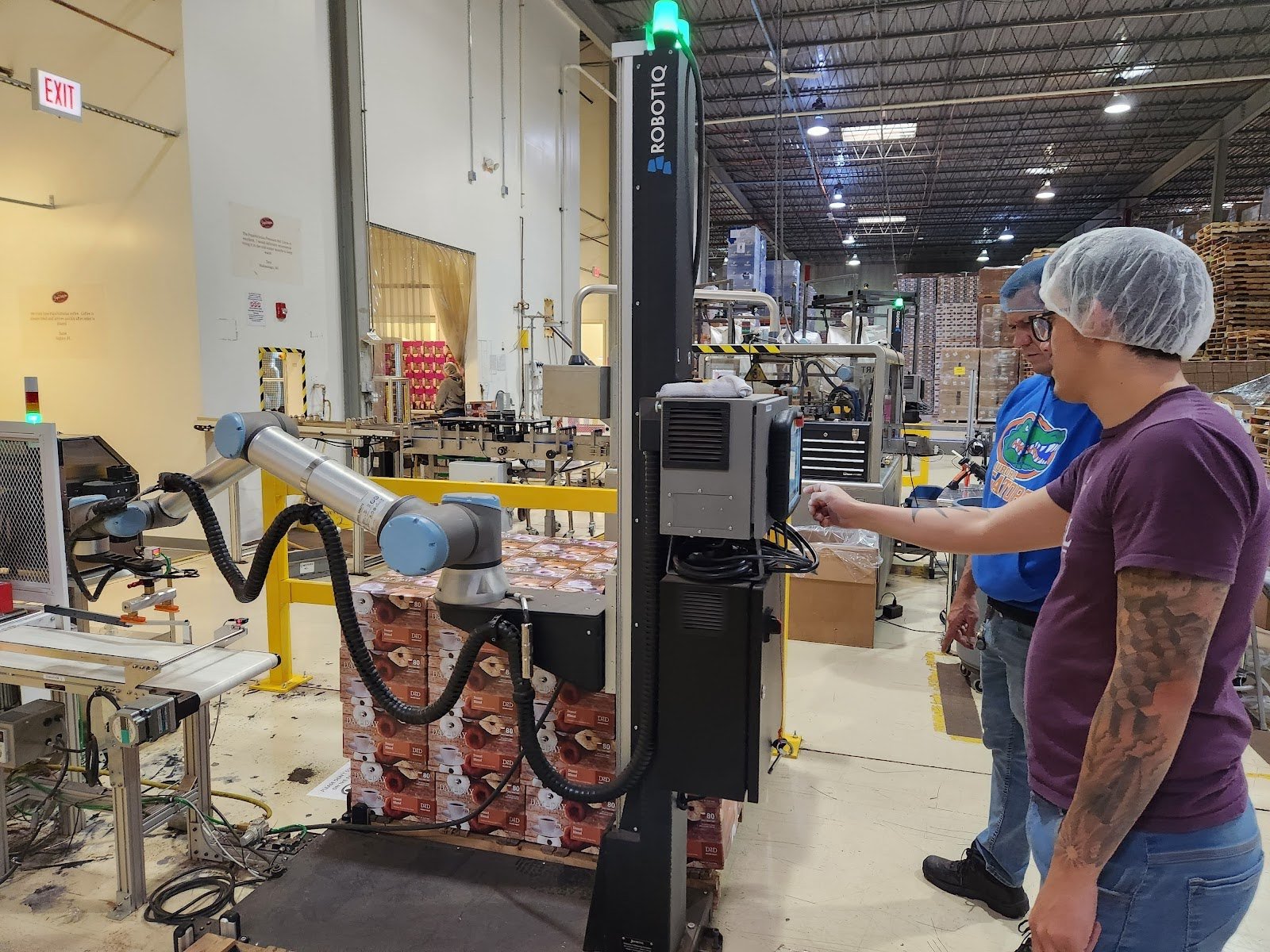

Leave a comment